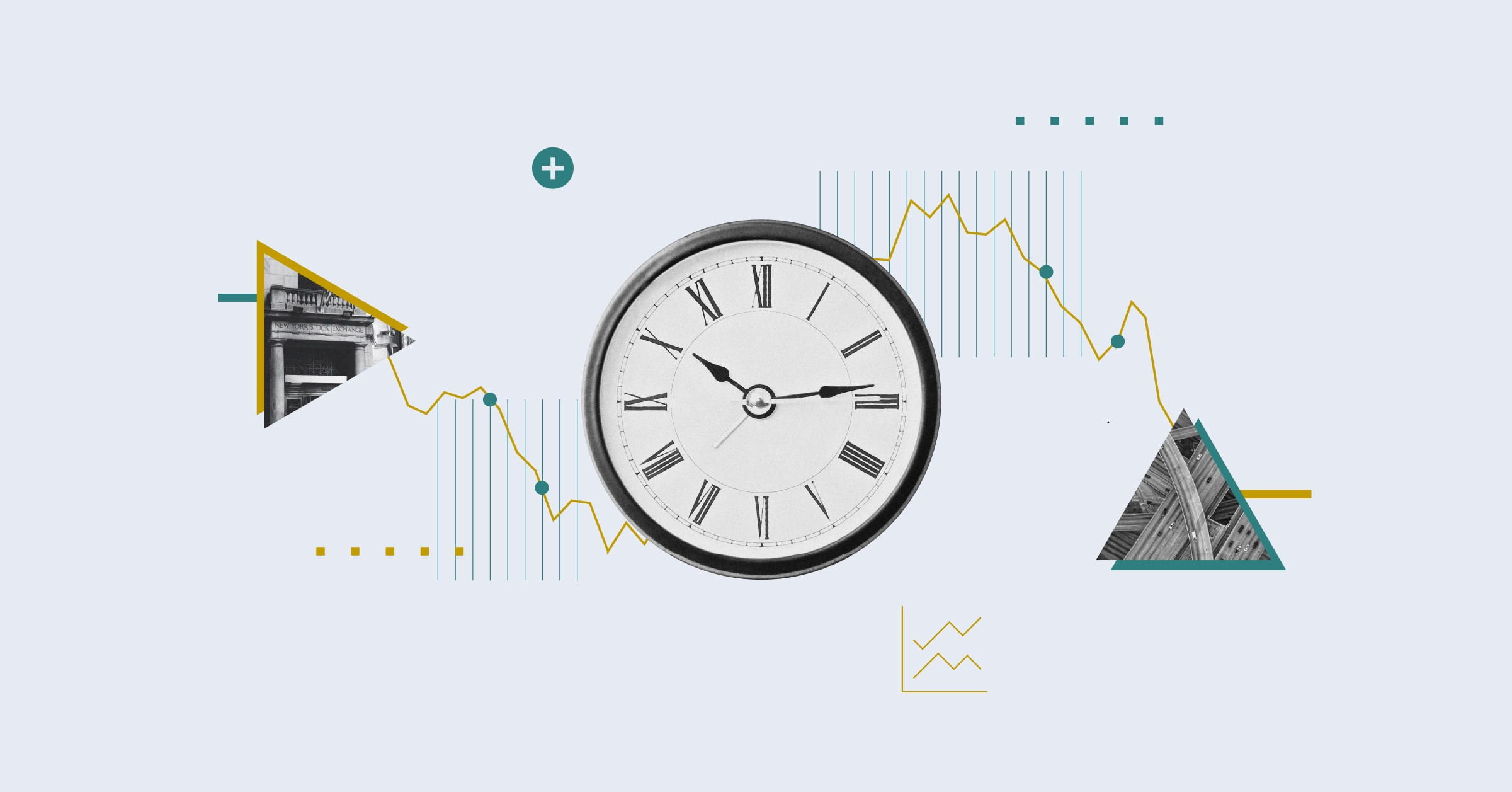A recent article explained some commonly used but occasionally misunderstood financial jargon, which triggered lots of suggestions from readers of other terms that would benefit from clarification. So here we go:
Annual dividend/yield: The amount of a security's income that is distributed to its shareholders during the course of a year. Some stocks pay shareholders a portion of company profits in the form of dividends while bond shareholders typically receive interest payments. Both may be referred to as the investment's yield. To calculate a security's annual yield, simply divide the amount of income paid out to investors during the past year by its share price.
Asset class: A broadly defined group of assets that have similar characteristics. Often these classes are broken down into stocks, bonds, cash and commodities, but the term could also be used to refer to non-securitised assets such as real estate and collectibles (such as fine art or rare coins).
Benchmark: Quite simply, a yardstick used to measure the performance of a security. For example, the FTSE 100 Index, which tracks 100 of the largest UK companies, is commonly used as a benchmark with which to compare the performances of UK-equity funds. Other indices, such as the Morningstar Global Government Bond Index and the Russell 2000 can be used as benchmarks for global bond and US small-cap funds, respectively. Other uses for benchmarks include assessing a fund's allocation relative to an index. A fund's management team may also establish its own internal benchmarks, for example as a way to hew to self-imposed allocation guidelines.
Buyback: When a company uses cash to buy back shares of its stock. This may be done as a way to return value to shareholders (because buying back shares reduces the number of them outstanding, meaning that existing shareholders own a larger share of the business). Buybacks often occur when company management believes its shares are underpriced and expects them to rise in value, or when the company seeks to offset the impact of stock options and stock grants.
Cyclical stock: The stock of a company whose performance tends to rise and fall depending on the economic environment. For example, a maker of luxury goods might see its biggest profits when the economy is booming—meaning that more people can afford its products—but experience reduced profits or even losses during times of economic distress.
Defensive stock: The stock of a company whose performance is less sensitive than most to the ups and downs of the economy because it sells products and services that people need to buy no matter what. This includes many consumer staples, healthcare and utilities stocks.
Exchange: A marketplace where securities are traded, such as the London Stock Exchange. Many major financial centres around the world have their own exchanges, including the US, the Eurozone countries, Hong Kong, Shanghai and Tokyo, where domestic or regional shares are traded. Exchanges may be physical trading spaces (the NYSE, for example) or virtual ones that exist only in cyberspace (Nasdaq).
Fundamentals: In investing parlance, this refers to a company's performance as measured by core statistics such as revenue, net income and cash flow as opposed to non-fundamental factors such as the performance of its stock price.
Economic moat: Coined by Warren Buffett and widely used by Morningstar, this term refers to a company's sustainable competitive advantages over its competitors. This can be achieved in one of five ways: cost advantage, efficient scale, intangible assets, network effect, or switching costs. Morningstar assigns its Economic Moat Rating (Wide, Narrow or No Moat) to all the companies its equity analysts cover. Morningstar research has shown that companies with wide moats tend to be better at sustaining profitability over time than those with narrow or no moats.
Real return: An asset's return after accounting for inflation. For example, a fund that returns 10% in a given year in which inflation runs at 2% has a real return of 8%.
Sector: A segment of the economy, used to classify stocks. Morningstar groups stocks into the following sectors: basic materials, communication services, consumer cyclical, consumer defensive, energy, financial services, healthcare, industrials, real estate, utilities and technology. A fund whose portfolio is more heavily allocated to a given sector than its benchmark may be said to have a sector bias.
Security: A financial instrument representing ownership of an asset (as with stocks) or debt owed (as with bonds). Other examples include OEICs and Unit Trusts, investment trusts, ETFs, Gilts, futures, options and swaps.
Share class: Type of fund share, typically differentiated by its distribution channel and/or fees charged. Retail share classes may be purchased directly from fund companies or brokerages by individual investors, or through financial advisers, and institutional share classes are offered through institutions such as a pension provider. Note that an adviser will sometimes pool together several clients’ assets in order to buy an institutional share class, which typically will carry a lower annual management charge than a retail share class. Some stocks also have different share classes, such as Royal Dutch Shell, which was formed from a merger of the UK’s Shell oil company and the Netherlands’ Royal Dutch oil company. Both are traded in both London and Amsterdam, but the RDSB shares are the primary share class invested in by UK investors on the LSE, while the RDSA shares are the primary share class invested in by Dutch investors on the AEX.
Underweight/overweight: Refers to whether a fund's allocation to a given type of asset is greater than (overweight) or less than (underweight) that of its benchmark. For example, a UK-equity fund that holds 50% of assets in financial-services stocks may be said to be overweight that sector relative to a benchmark such as the FTSE 100.






























